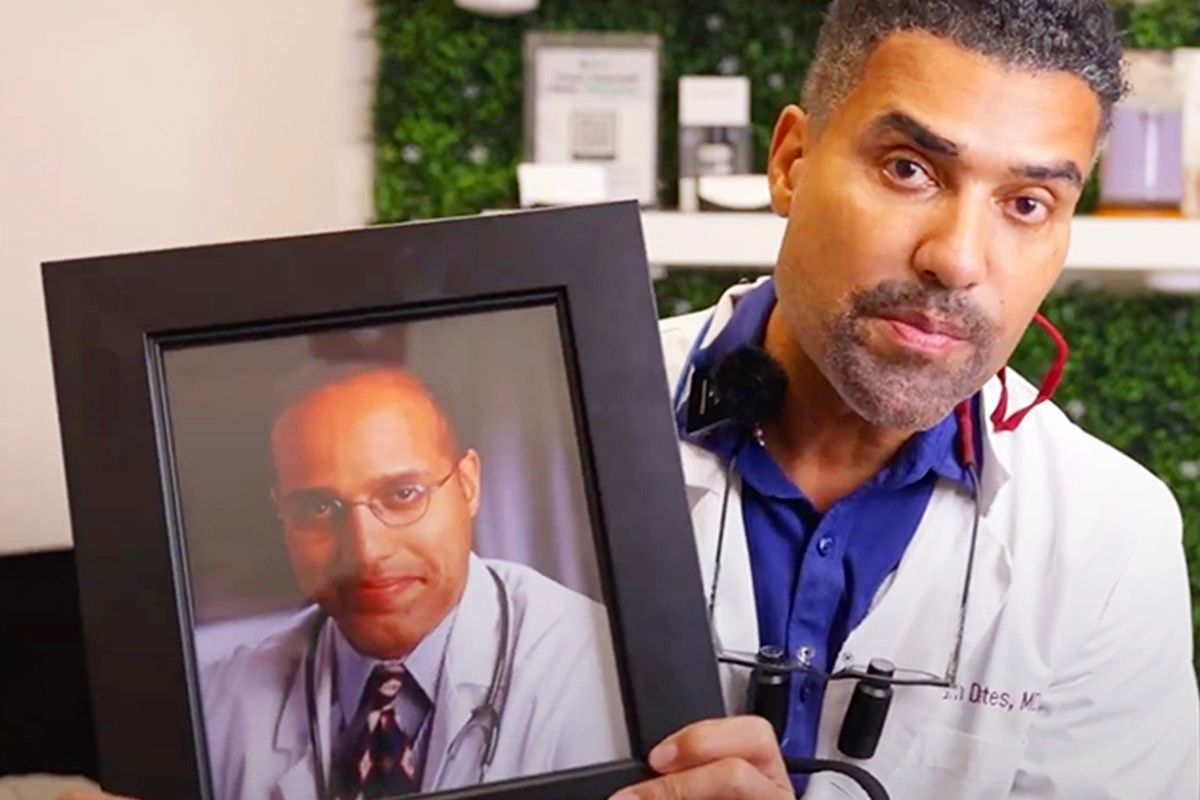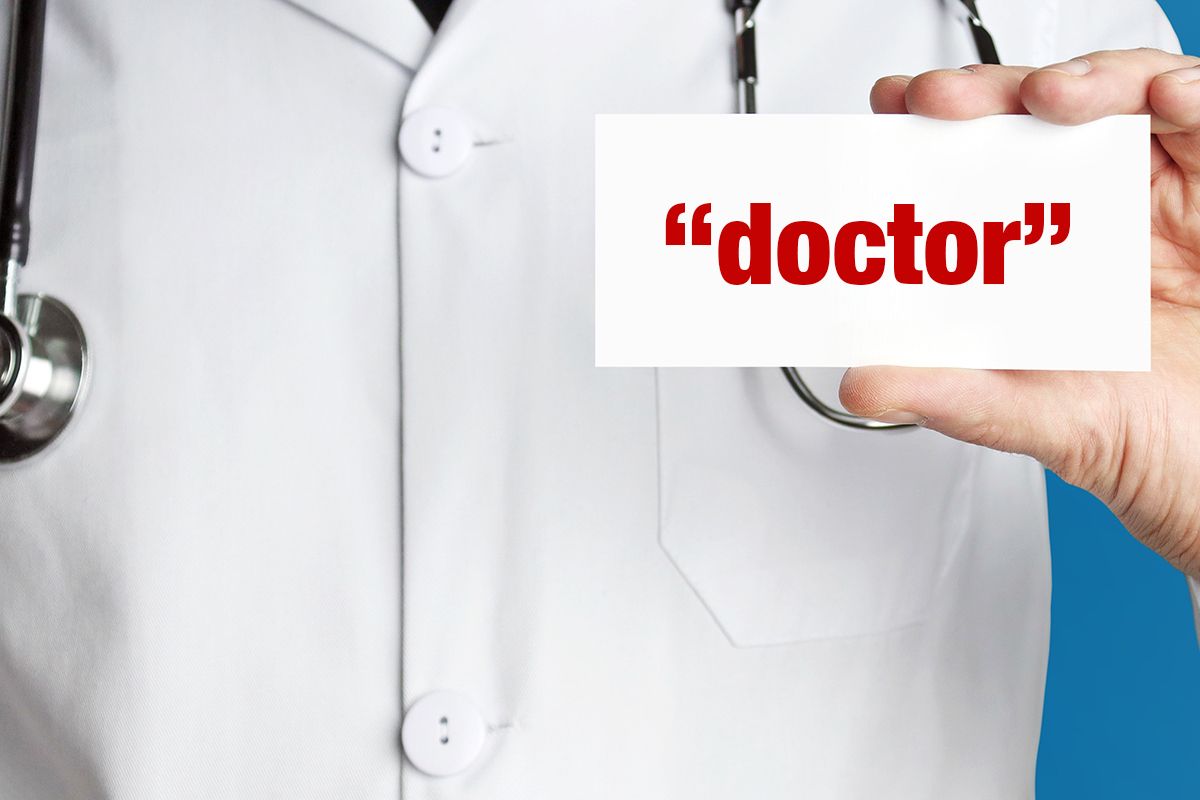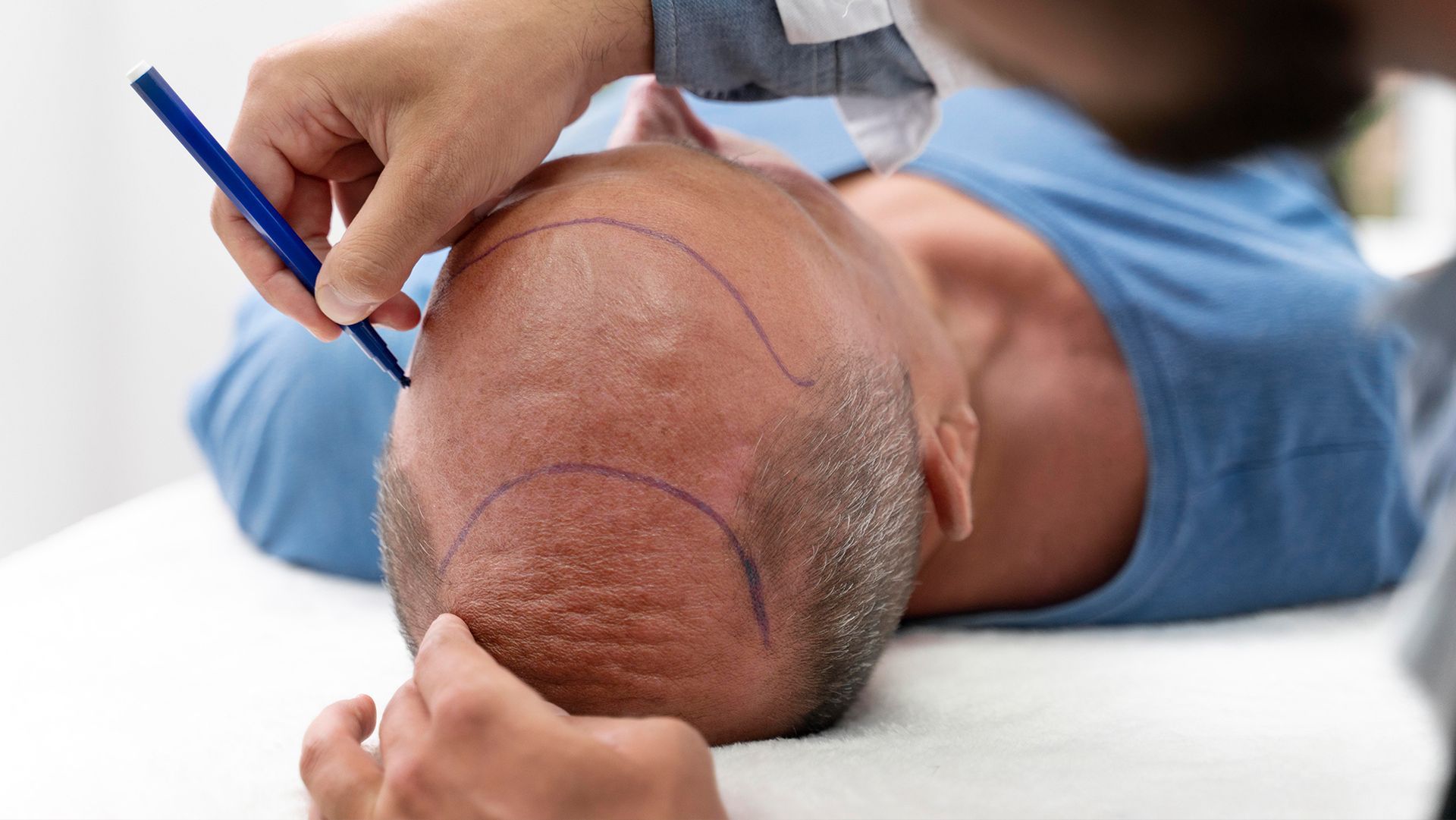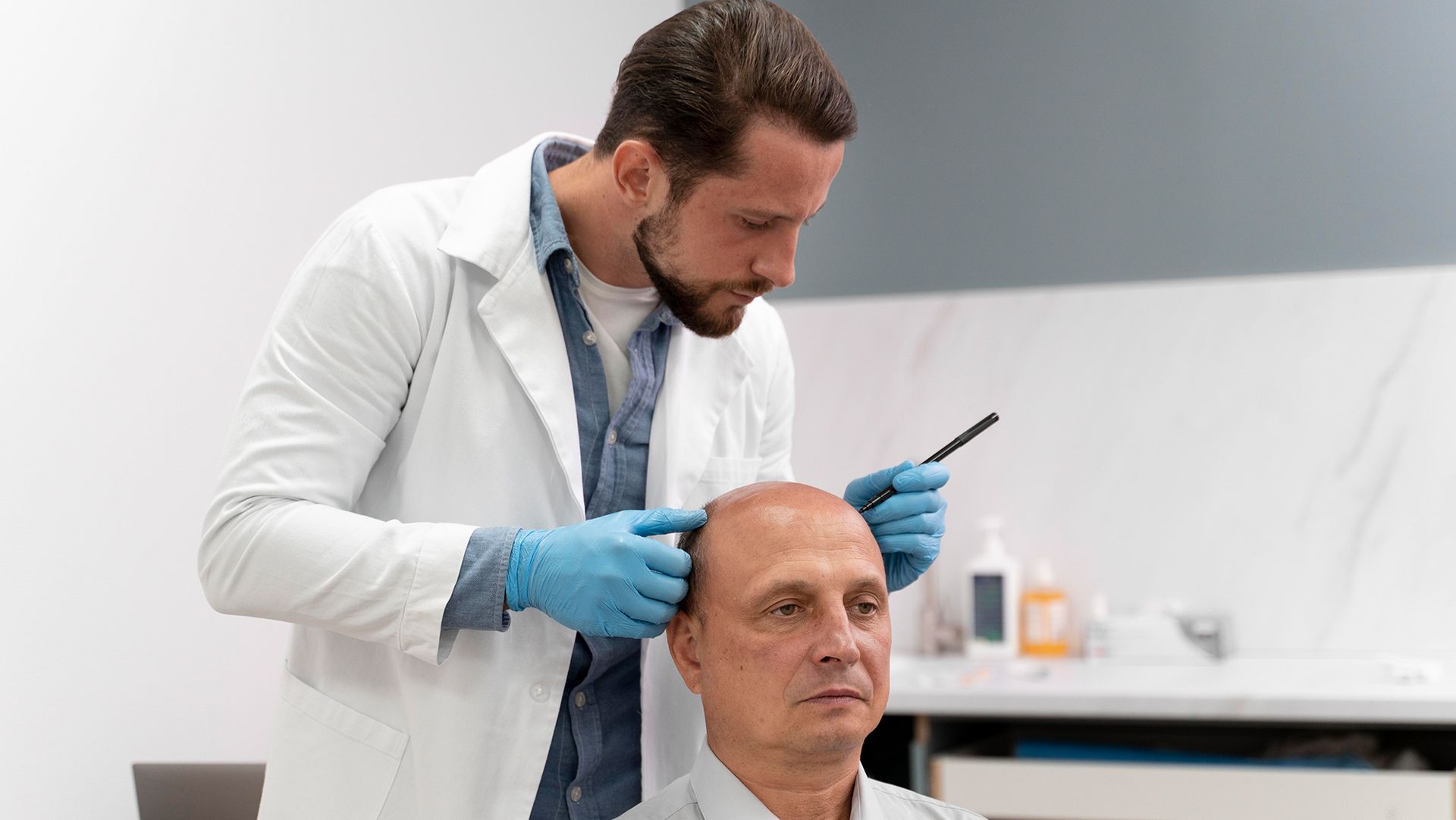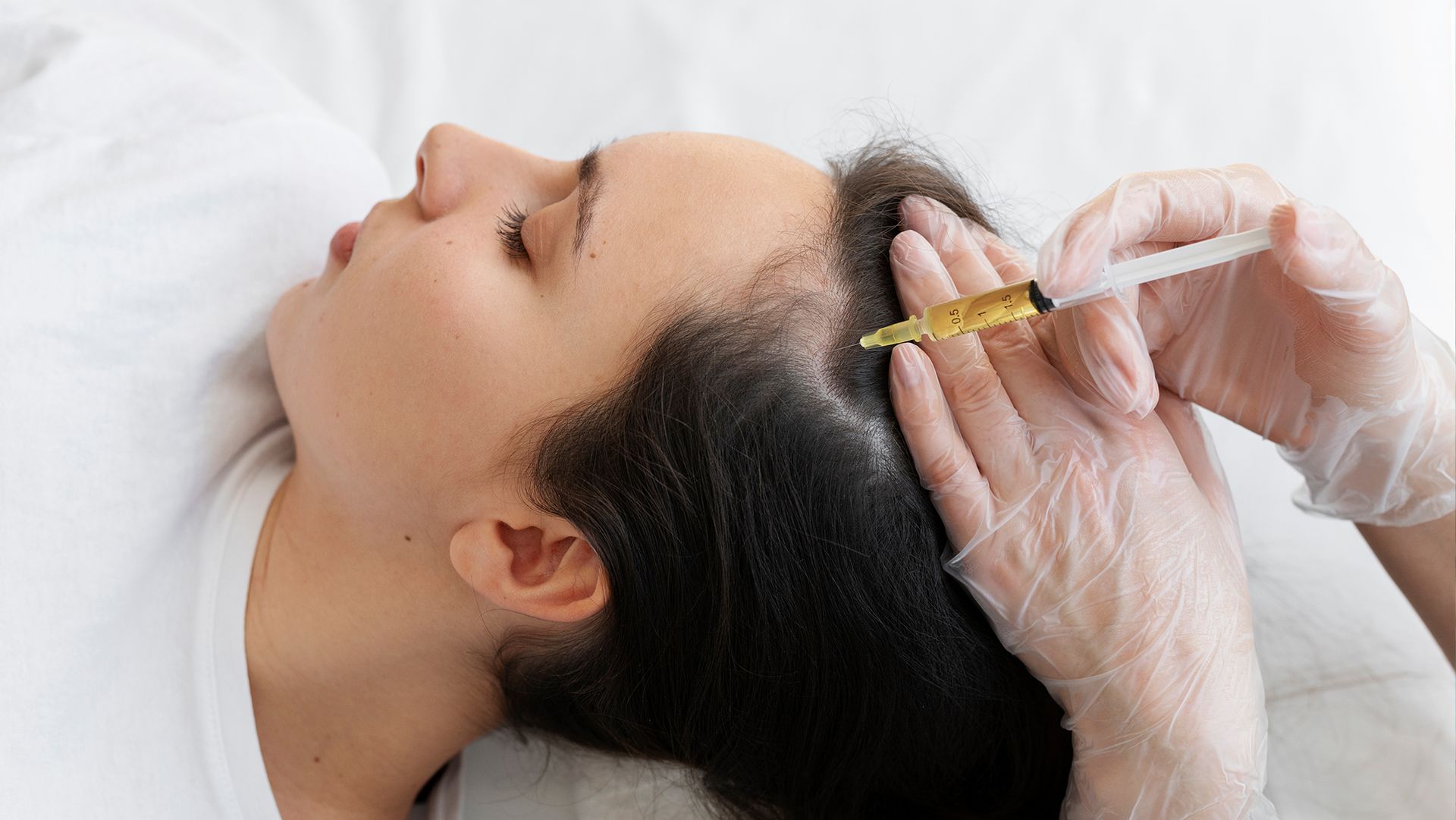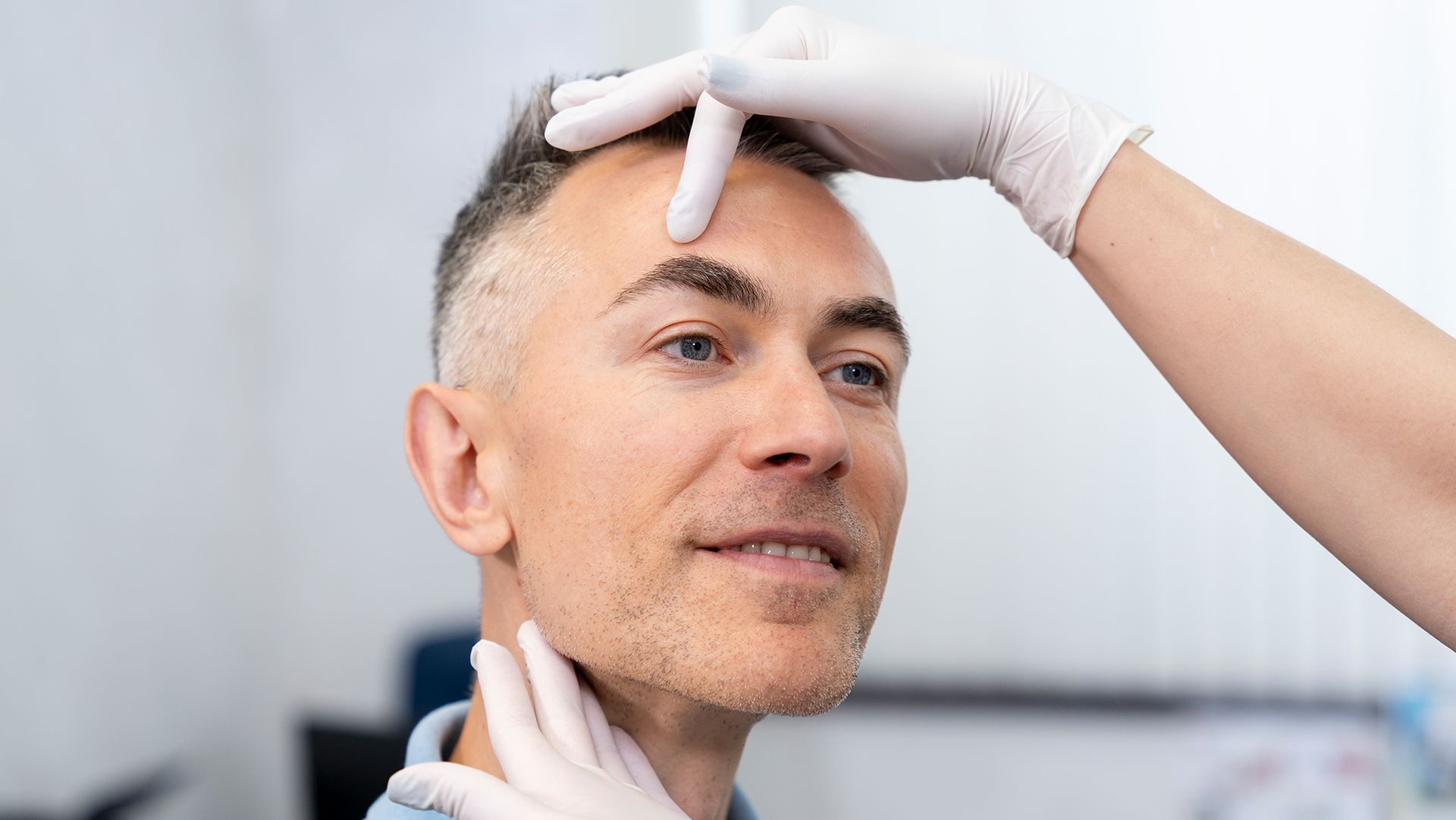How to Deal with Postpartum Hair Loss: What to Know
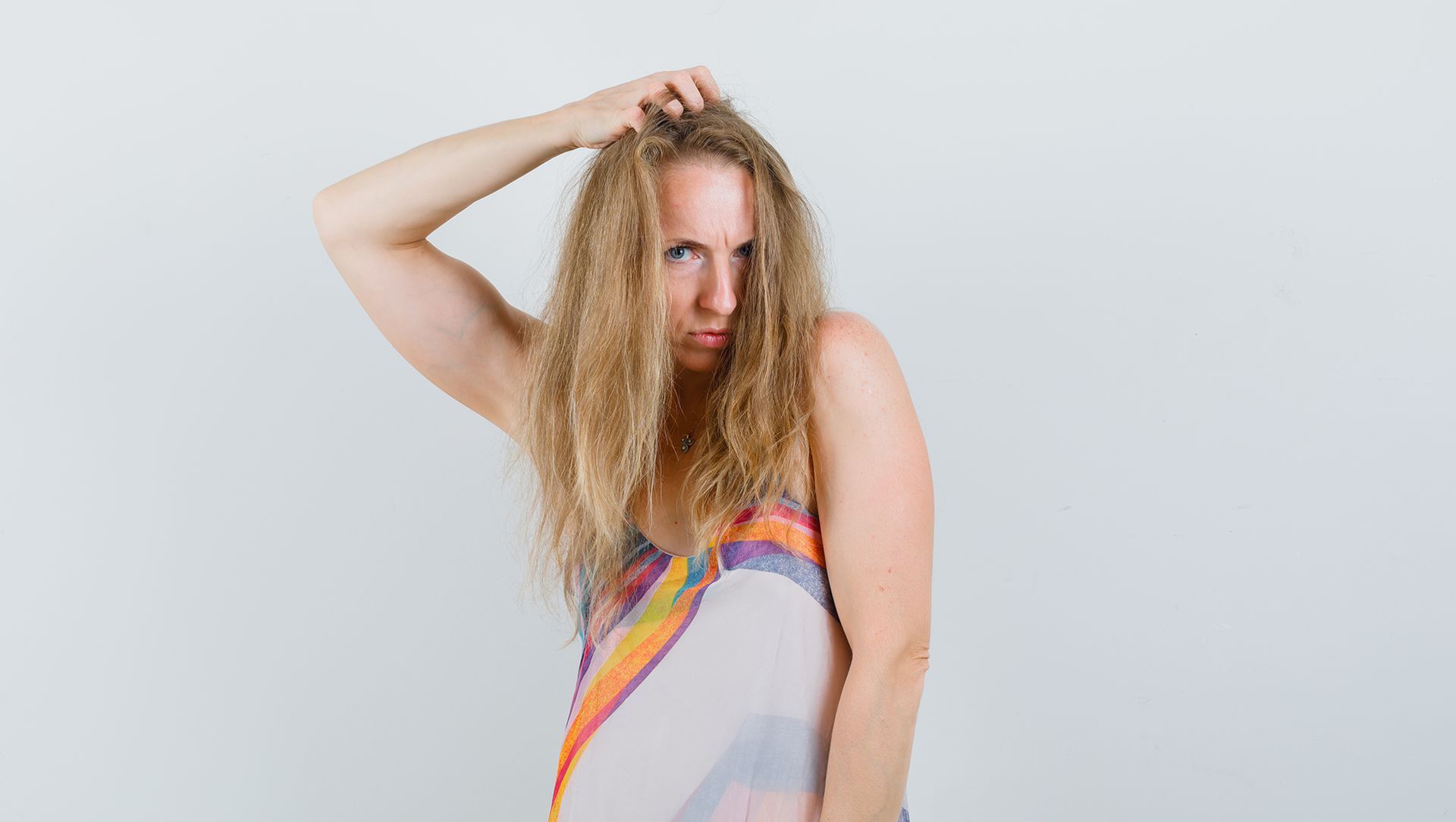
Childbirth can cause lots of changes to your body. It can range from aspects on the inside and out, including the thickness of your hair.
In a recent study, evidence finds that about
92% of women experience postpartum hair loss. So you might wonder, is there an effective solution?
Here are a few things to keep in mind when dealing with postpartum hair loss.
Common Causes of Postpartum Hair Loss
Generally, when you’re pregnant, most of the changes you experience are a result of your new hormone balance. With this, you may notice several differences in the way you feel about your body overall.
The following are a few reasons you may go through postpartum hair loss.
Hair Growth Cycle
While it’s common for you to have fuller hair during pregnancy, it’s vital to note that this is usually temporary. It happens because your hair stays in its growing phase longer than its resting stage. So, you don’t lose as much hair each day.
Being pregnant can affect your hair growth cycle by causing an abrupt switch from growing to resting. As a result, it can cause you to lose more hair than you usually would before the pregnancy.
Giving Birth
The aftermath of giving birth is noticeable when your hormone levels shift back to normal, pre-pregnancy. Specifically, it creates a drop in your estrogen, triggering the original cycle of your hair growth and resting.
This type of hair loss is often called telogen effluvium, wherein you may experience excessive shedding after select reasons like hormonal changes.
Stress
Your body may go through certain stress levels after giving birth, potentially triggering you to lose more hair than usual. It happens because stress can prevent your hair follicles from producing new hair, primarily by constantly pushing them into a resting phase.
In most cases, this is often temporary and can return to normal levels once you are able to manage your stress.
Medical Reasons
If you need to take medication after your birth, it’s possible that some of them affect your hair growth cycle. Usually, this is a result of the interaction between the components of your medication with what’s inside your body.
Note that not all medications cause you to lose more hair, so it’s best to ask your doctor about the side effects early on. You can also consult them further if you notice the hair loss reaching severe levels while taking the prescribed medication.
How Long Does It Last
Some people might worry that postpartum hair loss is a long-term thing. But in reality, it’s only an effect of your body trying to get back to its normal cycle.
Although it’s temporary, the effects of hair loss can last a few months to years. You might also notice your hair being thinner than before, even after it starts to grow back, but this varies from person to person.
Moreover, you don’t necessarily start shedding immediately after you give birth to your baby. Most people start to notice it over time, usually a couple of months later.
Solutions to Postpartum Hair Loss
As a temporary concern, there are lots of ways to address postpartum hair loss with ease. Keep in mind that the measures you take will vary based on the severity of your condition. But in most cases, you can consider the following.
Change Your Diet
Switching up your diet is one of the best ways to ensure your hair stays healthier and strengthens its grip on your scalp. You want to include different foods in your meals, including fruits, veggies, and healthy proteins.
It’s also good to focus on a balanced diet overall to give your hair, and the rest of your body, the nutrients it needs to recover quickly.
Take Vitamins
Vitamins play a big role in supporting your hair growth after childbirth. It’s also a great way to maintain the balance of nutrients in your body aside from food.
Despite this, keep in mind that it should not be a replacement for proper meals. Instead, you want to take vitamins to supplement what you lack in your diet or sustain its results. Most recommend going for prenatal vitamins, especially while you’re breastfeeding.
Manage Stress
Managing your stress levels is a quick and easy way to keep yourself in good condition, from your hair to your mental health. Stress can cause your hair follicles to fall out by keeping it in its resting phase.
By relieving this, you can keep your hair at normal levels, allowing you to feel much better while allowing your hair to grow back.
Avoid Strong Hairstyles
Many suggest refraining from applying too much pressure on your hair. So, it includes reducing the number of times you try strong hairstyles that require tugging and pulling at your hair.
Additionally, it applies to styles that involve using several products on your hair at once. By doing so, you are able to keep your hair healthy and natural.
Consider Hair Transplant
If you’re experiencing severe levels of postpartum hair loss, you may want to consider getting female hair restoration services. As much as possible, it’s best to choose a clinic that specializes in these treatments to ensure the best results.
One of the best things about a hair transplant is that it offers permanent results, if not long-term. So, you can feel at ease knowing you won’t have to worry about hair loss for a while.
The Bottomline
Postpartum hair loss is natural and common among most women. It’s important to note that the effects are often temporary as a result of hormonal changes in your body. In most cases, it also occurs a few months after childbirth, so you want to check for the signs first.
Even so, it helps to understand why it happens and how to deal with it. This way, you can ensure you keep your hair in top shape and prevent the condition from developing into something more severe.
